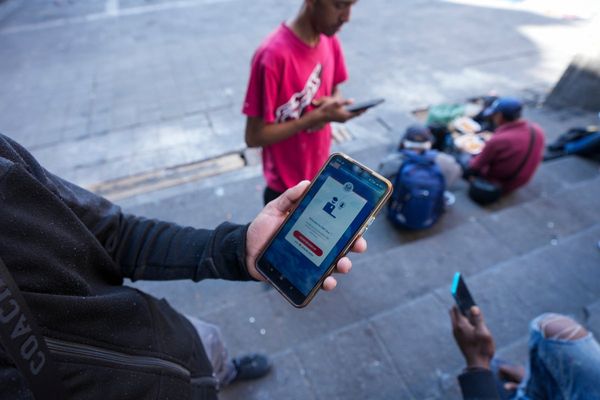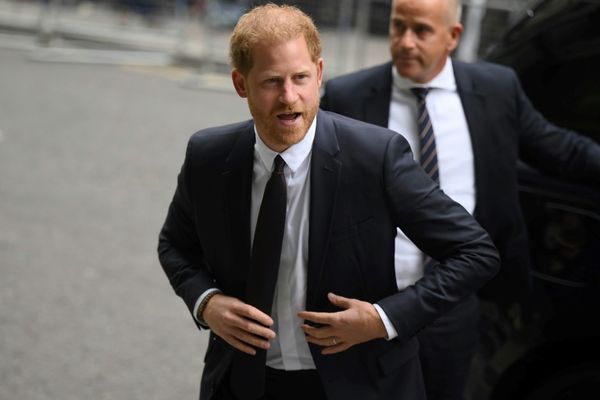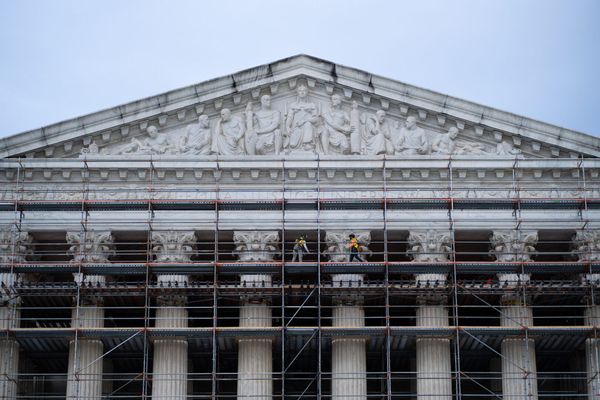The US government has reportedly implemented a blanket ban on romantic and sexual relationships between its personnel in China and Chinese citizens.
The ban was reportedly enforced by Nicholas Burns just before he departed as US ambassador to Beijing in January. It applies to diplomats, their family members, and contractors with security clearances stationed at the US embassy and consulates in mainland China and Hong Kong.
Four sources with knowledge of the secret directive confirmed its existence on the condition of anonymity to the Associated Press.
The ban was reportedly introduced amid concerns over espionage, especially about Chinese intelligence using “honeypot” tactics.
Previously, US personnel in China were subject to limited restrictions, mainly requiring them to report such relationships. The new directive, a Cold War-style measure, mandates that anyone with an existing Chinese partner seek an exemption, end the relationship, or leave their post if the exemption is denied.
Violation will result in immediate expulsion from China, the sources told the news agency.
The US state department spokesperson told The Independent that “as a general matter, we do not comment on internal State Department matters”.
The Independent has reached out to Mr Burns for comment.

Mr Burns served as the US ambassador in Beijing from 2021 until January this year. He joined The Cohen Group, a consultancy firm, as vice chair in February.
The US government has not publicly acknowledged the directive, which was reportedly prompted by pressure from members of Congress concerned about espionage risks.
The US government’s non-fraternisation policies for its personnel in other nations remain largely unknown as they are classified, and the extent of their restrictiveness is also unclear.
My advice: Be Nice to Allies. We need them. https://t.co/7u4gejAxFo
— Nicholas Burns (@RNicholasBurns) April 2, 2025
The geopolitical rivalry between the US and China has intensified in recent years, a friction further fuelled by president Donald Trump’s decision on 2 April to impose sweeping 54 per cent tariffs on Chinese imports.
China’s foreign ministry and several other government agencies prohibit their staff from engaging in sexual or romantic relationships with foreign nationals. Members of the Chinese military and police are also typically not allowed to travel abroad without explicit approval from their superiors.
Peter Mattis, a former CIA analyst, told the Associated Press that China’s ministry of state security had previously used seduction to target American diplomats and often coerced ordinary Chinese citizens to gather intelligence. However, he added, this had rarely happened in recent years.
He said any romantic involvement between Chinese citizens and US diplomats could pose a security risk. The state security ministry was “willing to leverage any human connection that a target has to collect intelligence”, he added. “This rule change suggests the MSS has gotten a lot more aggressive at trying to access the embassy and US government.”
Additional reporting by agencies
Trump tariffs live: China hits US with 34% tariff after FTSE drops in market meltdown
One thing that could rupture Russia’s friendship with China
China responds to Trump tariffs with its own 34% levy on all US goods
American tourist leaves can of coke for world’s most isolated tribe and gets arrested
Trump closes China tariff loophole used by fast fashion retailers like Shein and Temu







